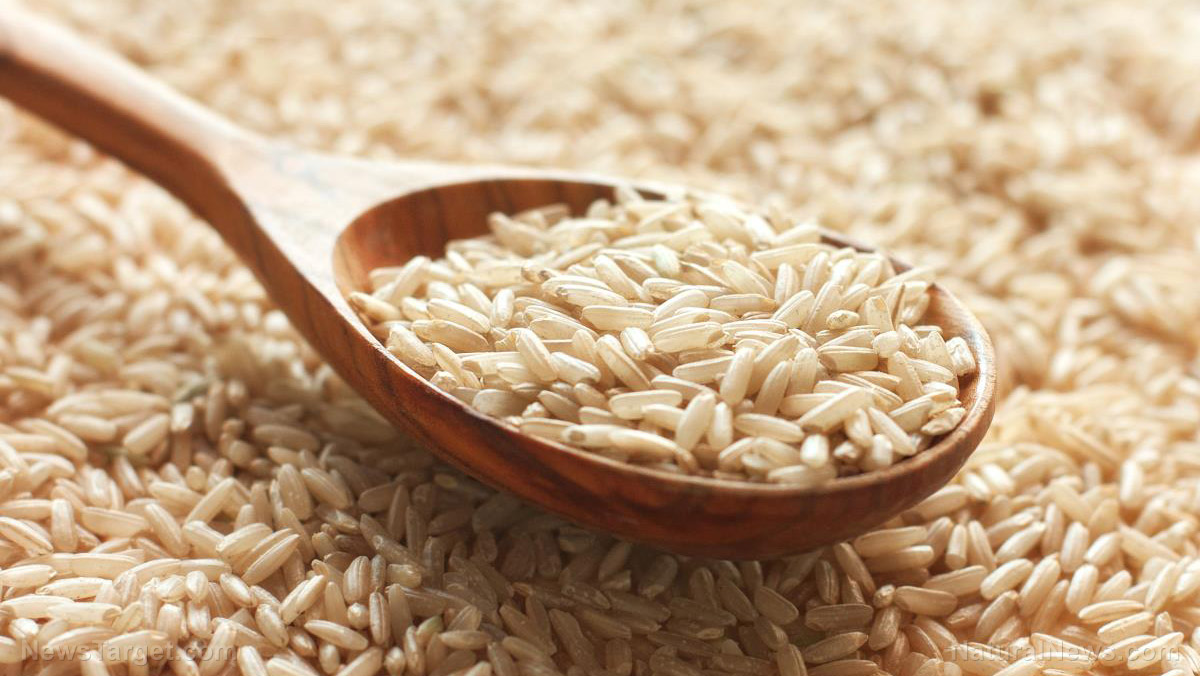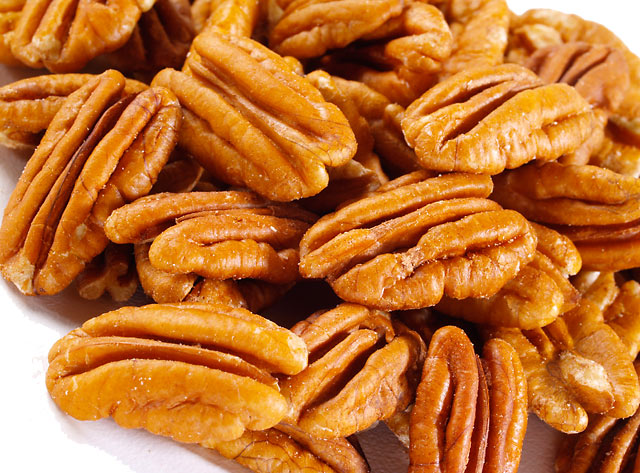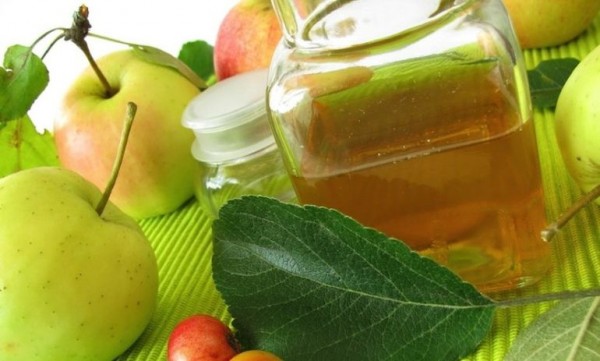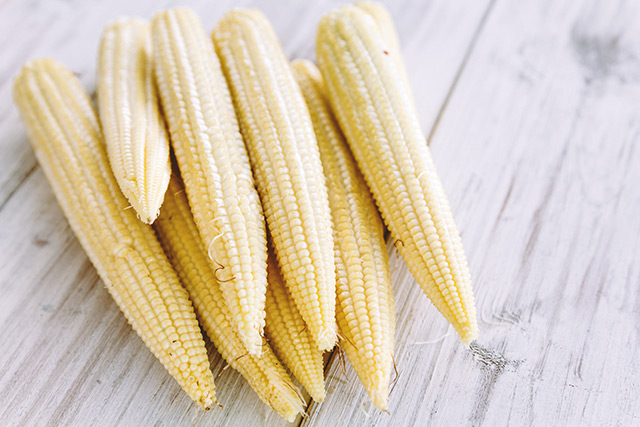Eating more foods rich in fiber can help fight against the flu virus, according to a mice study published in the journal Immunity.
Earlier research has found a connection between dietary fiber and the immune system. It is believed that this is due to the production of short-chain fatty acids (SCFAs) by gut bacteria as a response to soluble fiber in the diet.
“The beneficial effects of dietary fiber and SCFAs on a variety of chronic inflammatory diseases, including asthma and allergies, have received substantial attention in recent years and have supported momentum toward their use in clinical studies,” said Benjamin Marsland of Monash University, and senior author of the study. “But we were concerned that these treatments might lead to a general dampening of immune responses and could increase susceptibility to infections.”
In the latest study, a team of researchers at Monash University in Australia and the University of Lausanne in Switzerland looked at the effect of dietary fiber on viral infection. The research team exposed mice to the influenza A virus. Then, they divided the mice into two groups with different diets: One group was fed with a diet rich in the soluble dietary fiber inulin, while the other group, or the control group, was fed with insoluble cellulose.
The research team expected mice fed with a high-fiber diet to be more ill, but they appeared to be healthier. On the other hand, the control group appeared to have the flu. Because they were surprised, the team conducted the experiment again with new mice and a normally lethal dosage of the flu virus.
The research team found that a diet supplemented with either the highly fermentable fiber inulin or SCFAs protected the mice from influenza. Results showed that the high-fiber diet weakened harmful, excessive immune responses in the lungs while enhancing antiviral immunity by activating T cells. These effects were brought about by the changes in the composition of gut bacteria, which resulted in an increase in the production of SCFAs through the microbial fermentation of dietary fiber.
The high-fiber diet treatment particularly resulted in the dampening of the innate immune response that is usually linked to tissue damage, as well as the improvement of the adaptive immune response that is charged with eliminating pathogens. The researchers were expecting that the treatment would either turn on or off the immune system. Instead, dietary fiber selectively turned off part of the immune system and turned on another completely unrelated part of the immune system.
The findings suggest that the modern Western diet, which consists of food high in sugars and fat, and low in fiber, could increase vulnerability while decreasing protection against infections. The team plans to conduct further studies on how dietary changes affect the immune system, and particularly how changes in the gut can affect lung diseases.
Benefits of a high-fiber diet
A high-fiber diet provides many other health benefits. It can help you lose weight and maintain a healthy weight over time; it reduces the risks of diseases, such as Type 2 diabetes, heart disease, and certain cancers; it supports bone health; and it eliminates toxins from the gastrointestinal tract. (Related: Flu Fighting Foods to Get You Feeling Better.)
If you want to get these health benefits, here are some ways on how to increase your dietary fiber intake:
- Eat whole grain, unsweetened cereal for breakfast every day.
- Munch on two apples daily.
- Eat baby carrots and broccoli florets for your afternoon snack.
- Include kidney beans or chickpeas to your salad.
- Begin your dinner with a mixed green salad.
- Snack on dried fruit daily.
- Make beans a part of at least one meal a day.
Read more news stories and studies on influenza prevention by going to Influenza.news.
Sources include:
ScienceDaily.com
IFLScience.com
EatingWell.com
RD.com


















